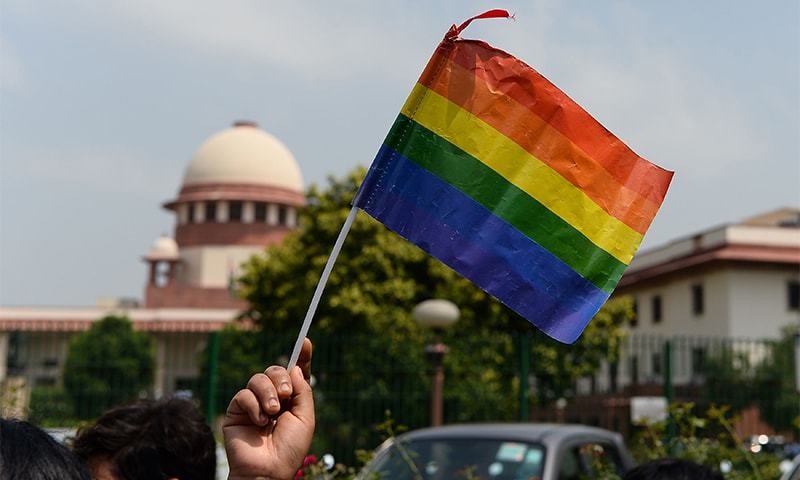LGBTQ+ Indians are determined to persist in their fight for marriage equality despite the recent decision by the Supreme Court. The court’s refusal to legalize same-sex weddings has left millions of LGBTQ+ individuals in India grappling with dashed hopes, five years after the court had overturned a colonial-era ban on gay sex.
Challenges in Achieving Equality
The Supreme Court, in a decision that disappointed many, has passed the responsibility of addressing this contentious issue to the parliament. This move has raised concerns among LGBTQ+ activists, as the government has consistently opposed gay unions. The court also ruled against same-sex couples’ right to adopt children, further intensifying the challenges faced by the LGBTQ+ community.
The Resilient March Forward
“We may stumble on the march to equality, but we will continue to march forward,” declared Saattvic, a gay Indian man living with his partner in Vancouver, Canada. He expressed his disappointment with the court’s decision, which prompted his move to a country where same-sex marriage is permitted. However, he holds onto hope that India will eventually recognize him and others like him as equals.
While the court has accepted the government’s proposal to establish a panel for granting certain non-marital rights to same-sex couples, LGBTQ+ rights activist Philip C. Philip expressed skepticism about the effectiveness of this offer without clarity on the panel’s composition and a timeline for parliamentary action. The government’s stance, opposing same-sex marriage as incompatible with the traditional Indian family unit, further clouds the path to equal marriage rights for LGBTQ+ individuals.
Long Road Ahead
The LGBTQ+ community in India has made progress since the 2018 gay sex ruling, with increased representation in various sectors. However, discrimination and abuse persist, hindering access to employment, healthcare, education, and housing. The inability to marry also poses practical difficulties for gay couples, affecting aspects like housing rentals and medical decisions.
Despite the setback, some campaigners highlight positive aspects of the Supreme Court’s decision, such as acknowledging that transgender people in heterosexual relationships can marry under existing laws. As the LGBTQ+ community continues to fight for equality, parents like Padma Iyer, co-founder of Rainbow Parents, a collective of parents of LGBTQ+ children, remain committed to the cause, aware of the ongoing struggles their children face.
The battle for marriage equality in India remains a complex and evolving issue, with LGBTQ+ Indians determined to persevere despite the challenges ahead.

